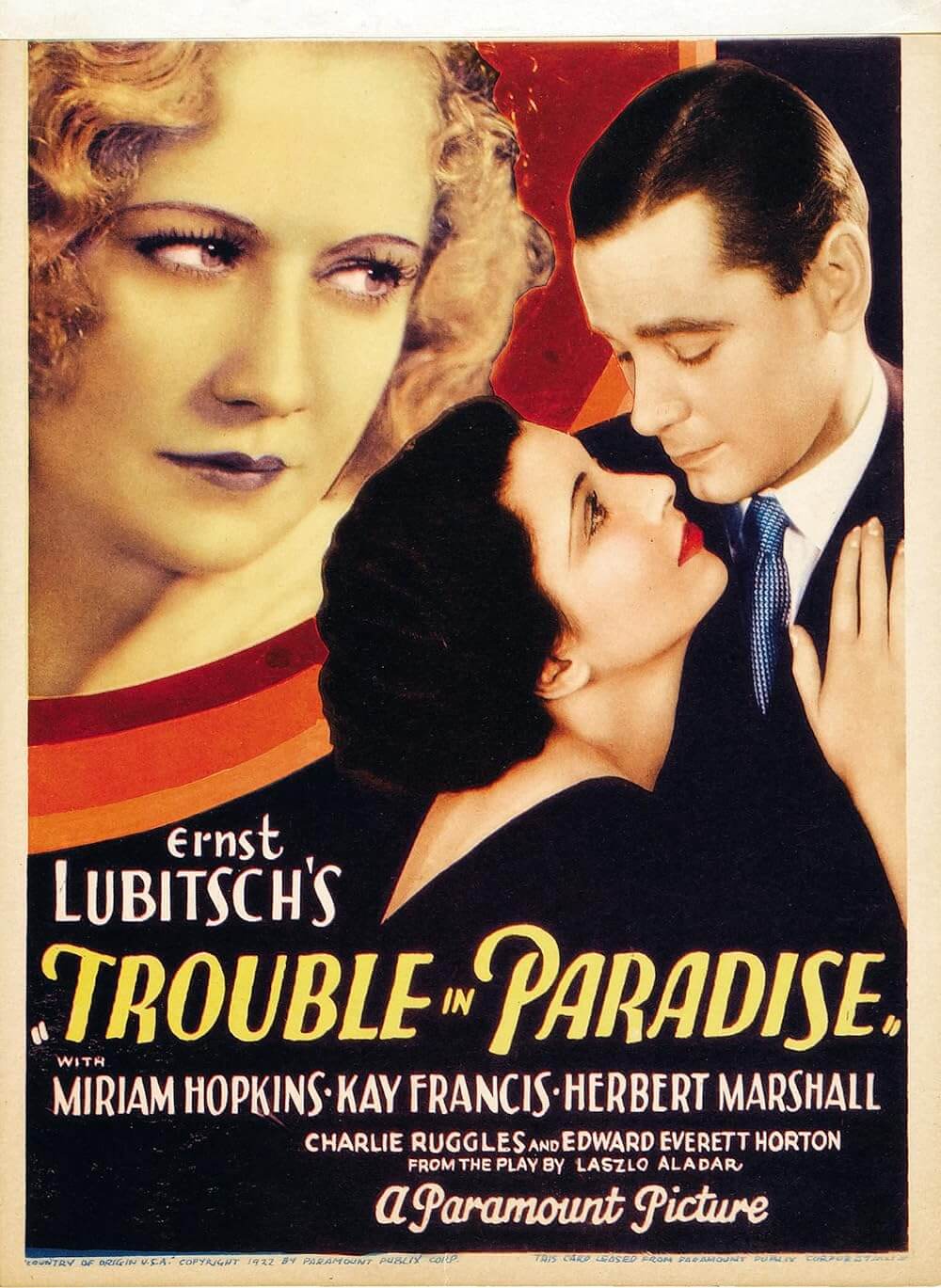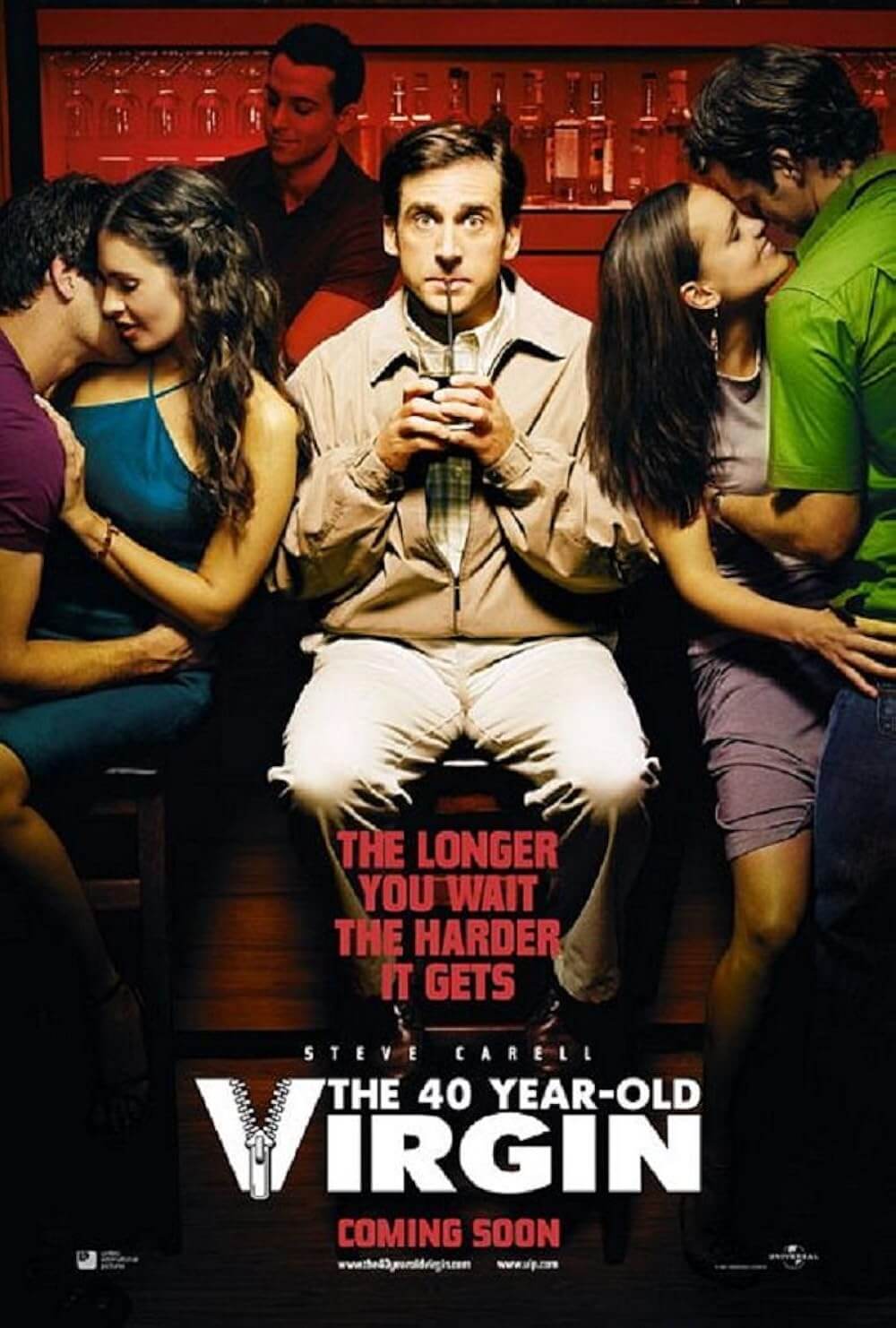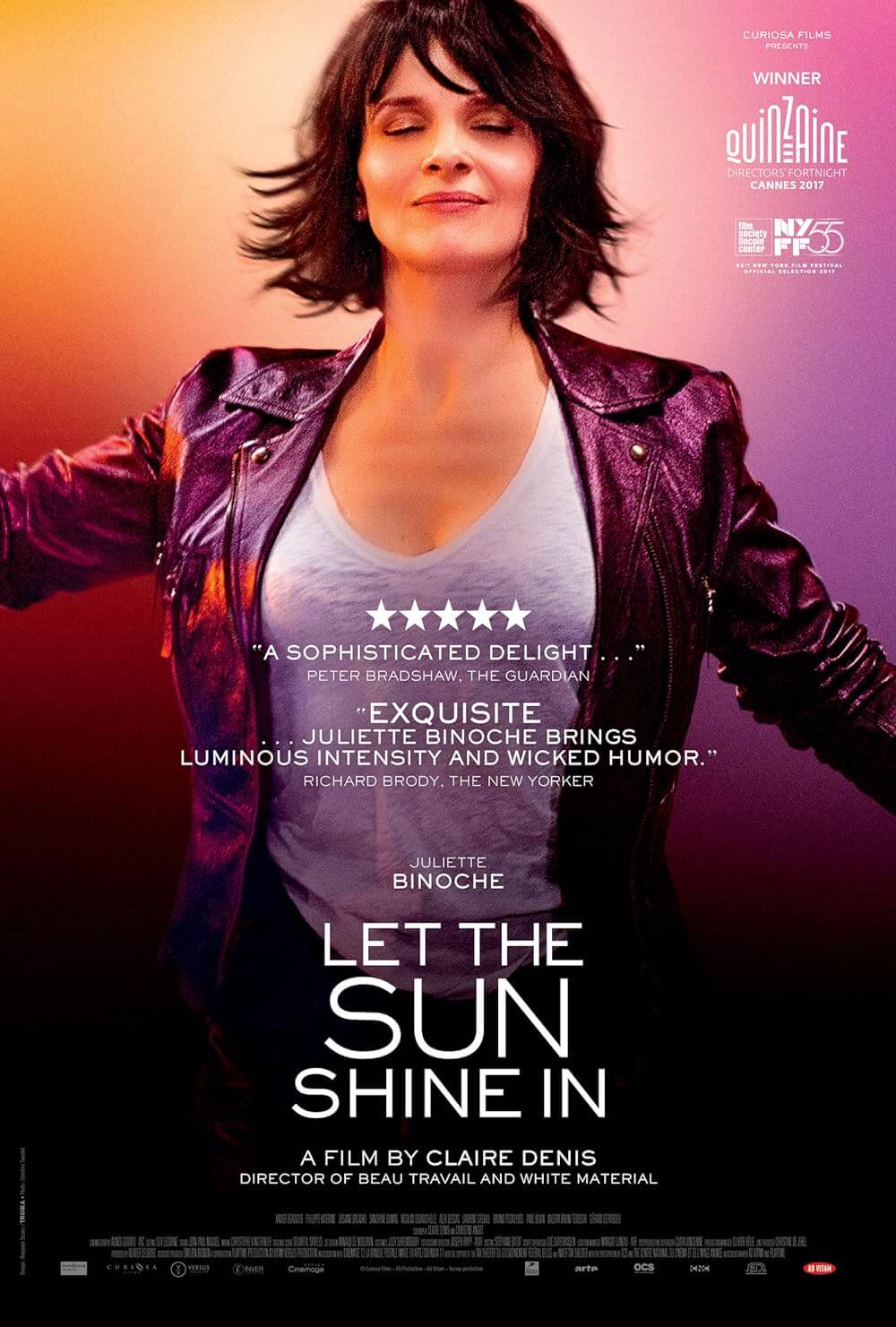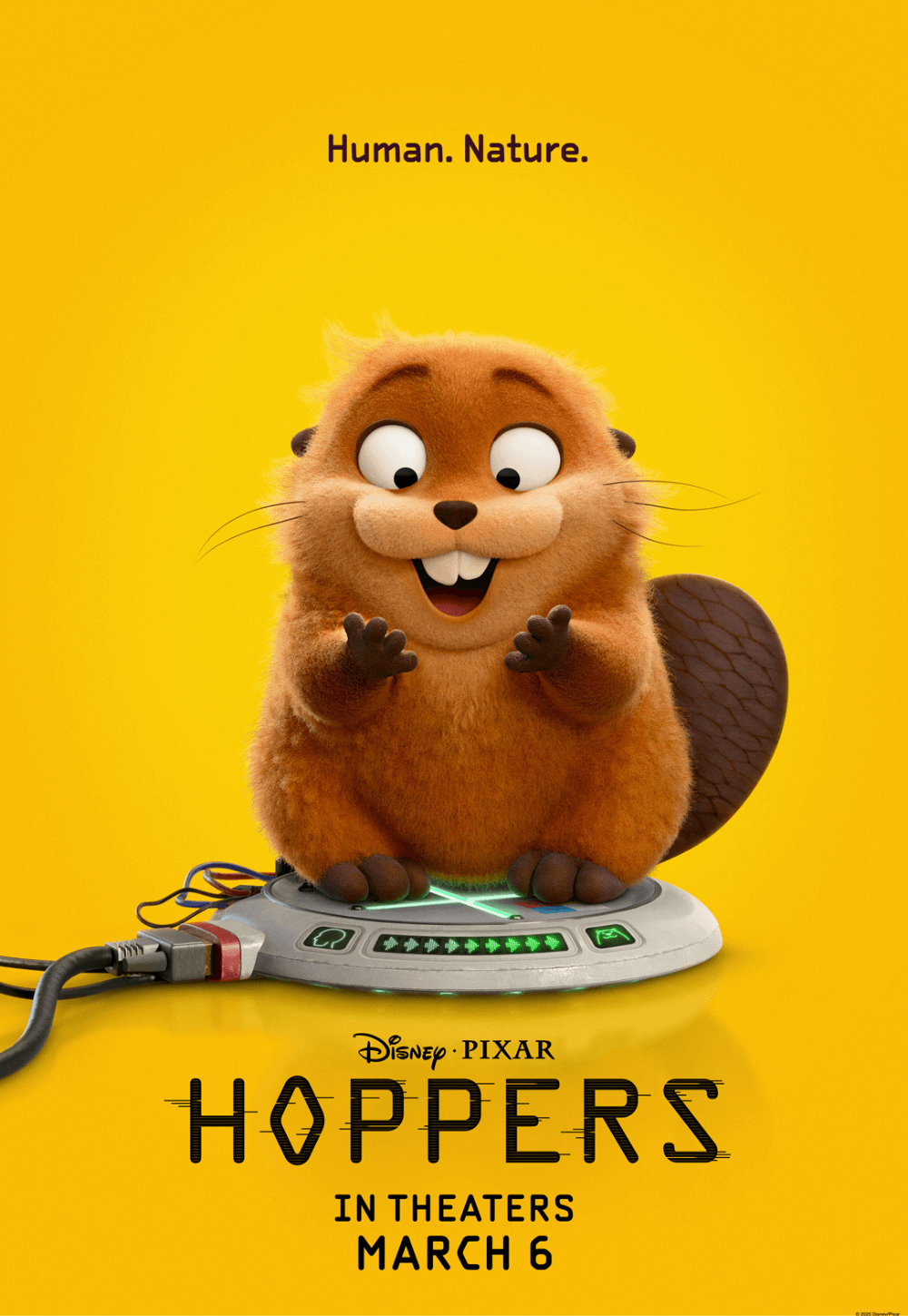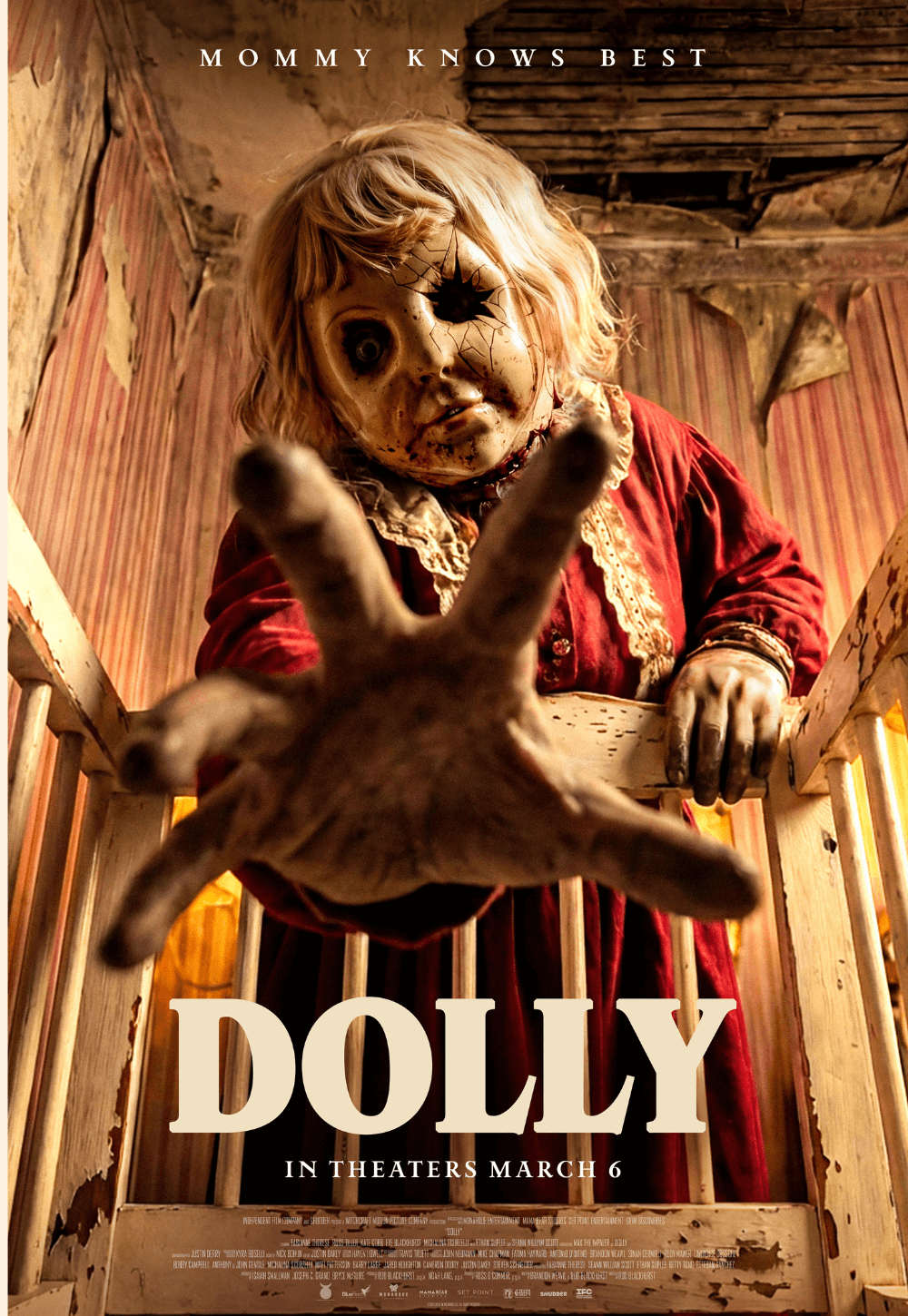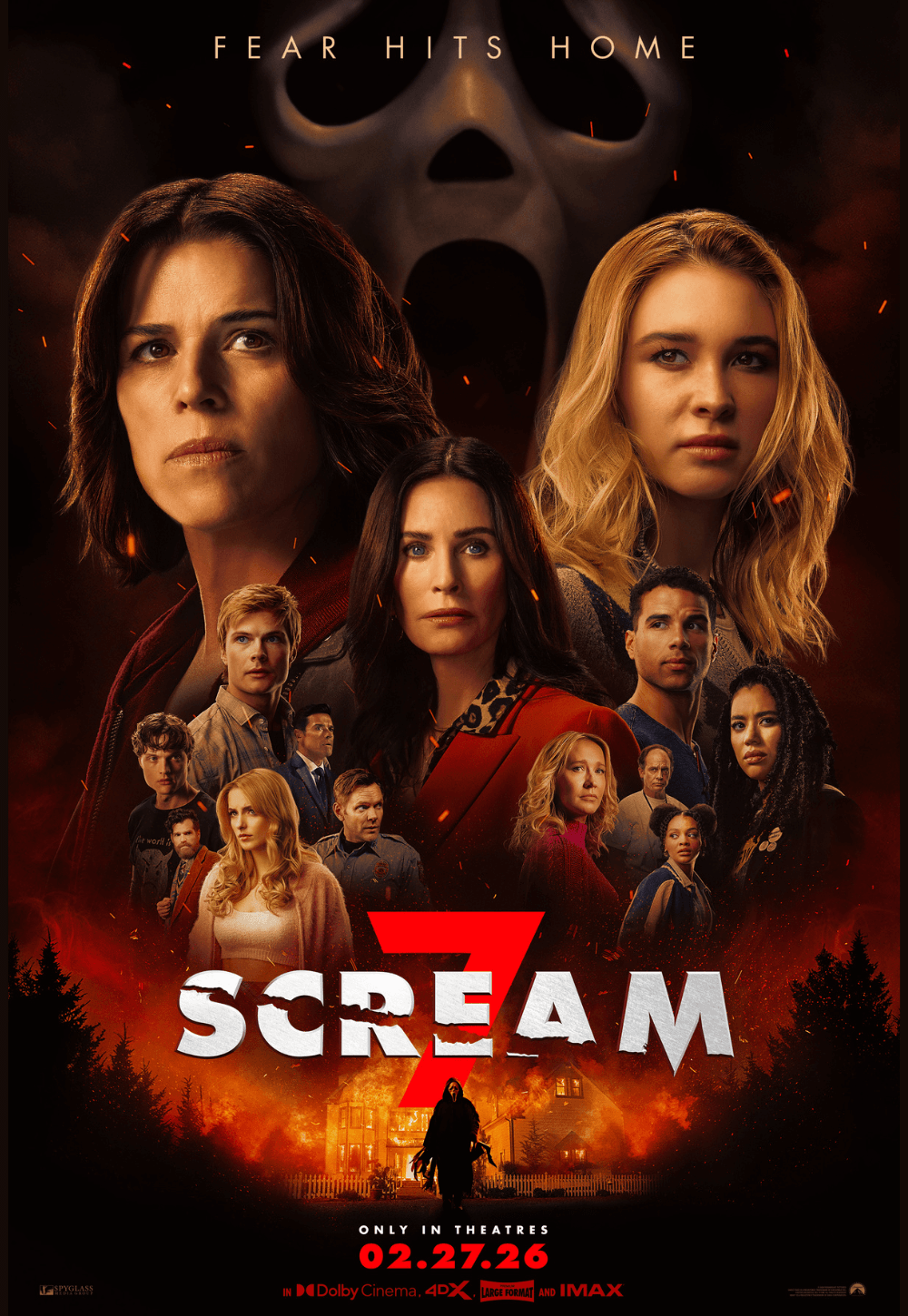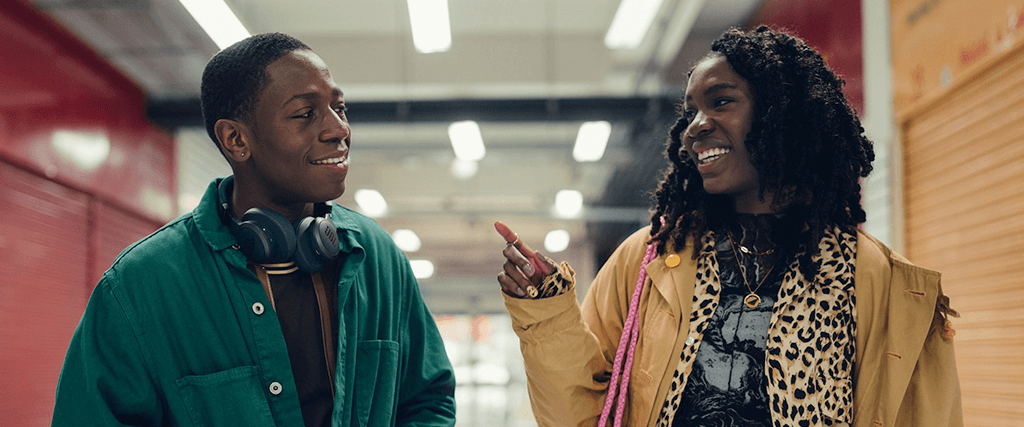
Rye Lane
By Brian Eggert |
(Note: Rye Lane will debut Friday, March 31, on Hulu.)
A good rom-com is hard to find, and a great one harder still. Many of them use the same basic devices: meet-cutes, forced conflicts that threaten to keep the central couple apart, and overblown resolutions where they miraculously end up in each other’s arms. Rarely does a rom-com break the mold. Adhering to a formula isn’t the problem. As in a relationship, it’s the little things that make the difference—how a film maneuvers within its given boundaries. Take Rye Lane, which conforms to the prototypical rom-com scenario. Although its narrative structure is familiar, its distinct sense of humor, setting in the South London districts of Brixton and Peckham, and vibrant aural and visual flourishes set it apart. The directorial debut of Raine Allen-Miller, Rye Lane explodes with energy and style. From moment one, it’s clear that the filmmaker has a fully conceived aesthetic, evidenced by the wide-angle lensing, distinct camera movements, and bright color palette. Although the story goes exactly where one might expect, Allen-Miller’s direction makes her film feel like something altogether new.
The screenplay by Nathan Bryon and Tom Melia draws from established templates. In a nod to Richard Linklater’s Before trilogy, the short, 82-minute feature follows a soon-to-be couple around the streets of South London on an extended walk-and-talk, with stops at delicious-looking restaurants, neon-laden clubs, and modern art galleries along the way. But it starts with an overhead view of some memorable stalls in a public unisex restroom, where Allen-Miller spies a range of activities (vomiting, baby changing, sleeping, Instagramming, etc.) before landing on Dom (David Jonsson, from HBO’s Industry). Still weepy from a six-year relationship that ended three months ago, Dom cries to himself in the art gallery loo only to be overheard by Yas (Vivian Oparah, from Teen Spirit). This meet-cute leads to a conversation that continues into the gallery exhibition (close-up photos of mouths) and continues out into the streets of their neighborhood, rich with African and Caribbean communities.
The setup is boilerplate: Dom and Yas, two attractive people, have just gotten out of relationships. He’s a risk-averse accountant. She’s an outspoken costume designer with no social filter. He’s sweet and timid. She’s bold and prods at his nervousness. You know the drill. But Yas is more than a manic pixie dream girl who brings Dom out of his shell, and they’re more complex than a typical odd couple, even if they seem that way at first. But before we learn this about them, there are delightful rom-com scenes that we can trace back to well-worn clichés: When Dom admits he’s going to meet his ex, the vacuous Gia (Karene Peter), who cheated on Dom with his best friend, the dim Eric (Benjamin Sarprong-Broni), which Dom discovered by accident during a FaceTime call, Yas offers to join Dom for moral support. He turns her down. Even so, a few minutes into the excruciatingly awkward lunch at a Brazilian barbeque restaurant, Yas arrives to Dom’s rescue with a story about how they’re “low-key fuckin’” and met during an epic karaoke performance. Gia’s obvious jealousy earns Dom a victory.
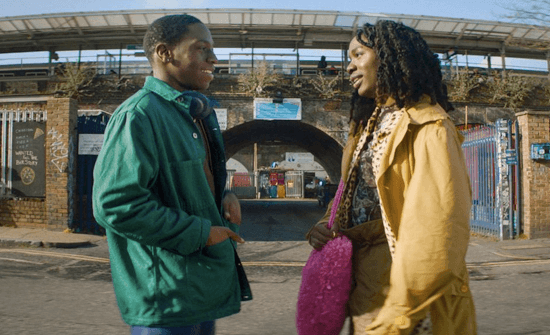 Jonsson and Oparah have chemistry to spare, making their scenes together brim with irresistible charm. Their characters quickly develop the kind of rapport where both feel a sudden intimacy, making them comfortable enough to check each other’s teeth after a meal. They walk through the Brixton market and stop for a bite at a spot called Love Guac’tually, featuring a delightfully deadpan cameo by—well, you should discover that for yourself. Later, when Yas shares her breakup story, the two scheme to reclaim her LP of A Tribe Called Quest’s The Low End Theory from her self-obsessed ex (Malcolm Atobrah). But before that, there’s a cringey detour at a family cookout and an equally punishing performance of Salt-N-Pepa’s “Shoop” in front of a crowd—a realization of Yas’ tall tale from earlier in the evening. But no matter how playful and simpatico Dom and Yas may seem, their initial impression of each other proves oversimplified.
Jonsson and Oparah have chemistry to spare, making their scenes together brim with irresistible charm. Their characters quickly develop the kind of rapport where both feel a sudden intimacy, making them comfortable enough to check each other’s teeth after a meal. They walk through the Brixton market and stop for a bite at a spot called Love Guac’tually, featuring a delightfully deadpan cameo by—well, you should discover that for yourself. Later, when Yas shares her breakup story, the two scheme to reclaim her LP of A Tribe Called Quest’s The Low End Theory from her self-obsessed ex (Malcolm Atobrah). But before that, there’s a cringey detour at a family cookout and an equally punishing performance of Salt-N-Pepa’s “Shoop” in front of a crowd—a realization of Yas’ tall tale from earlier in the evening. But no matter how playful and simpatico Dom and Yas may seem, their initial impression of each other proves oversimplified.
If the story sounds like your average rom-com, so be it. But Allen-Miller imbues Rye Lane with such a vivid presentation that every moment, however typical, feels alive and new. Cinematographer Olan Collardy uses an array of fisheye views and tableau-like compositions reminiscent of Wes Anderson, only more heightened. The inspired score by British music producer Kwes features a wily, discordant tempo, accompanied by a flurry of off-kilter beeps and bloops that make the film seem unpredictable. Allen-Miller even dips into surrealism when Dom and Yas’ initial conversation veers into an account of his breakup. The director visualizes the sequence not as a flashback but as a fantastical projection in which both characters interact with Dom’s mind’s eye view of what occurred. Allen-Miller’s imagination recalls fabulist directors such as Spike Jonze and Michel Gondry, who take conventional situations and turn them on their heads, sometimes with the aid of well-placed butt art.
If the final moments end up just where you’d expect with standard rom-com whimsy, Rye Lane at least breaks from its takes-place-in-a-day structure to acknowledge that love doesn’t happen that fast. The film’s coda allows these characters to heal and process their feelings, making the finale an even more endearing and believable love connection, capped with our belief that Dom and Yas will last. After premiering at the Sundance Film Festival earlier this year, the film’s distributors at Searchlight Pictures will release the film on Hulu. But there’s no poster, trailer, or streaming service panel that can adequately convey the energy Allen-Miller instills into each scene. While viewers will no doubt swoon over the welcome rom-com trappings, many will also feel invigorated by the audio-visual experience, accented with hip-hop, conceptual art, and a wide range of colors, angles, and sounds that make every confident frame pop.
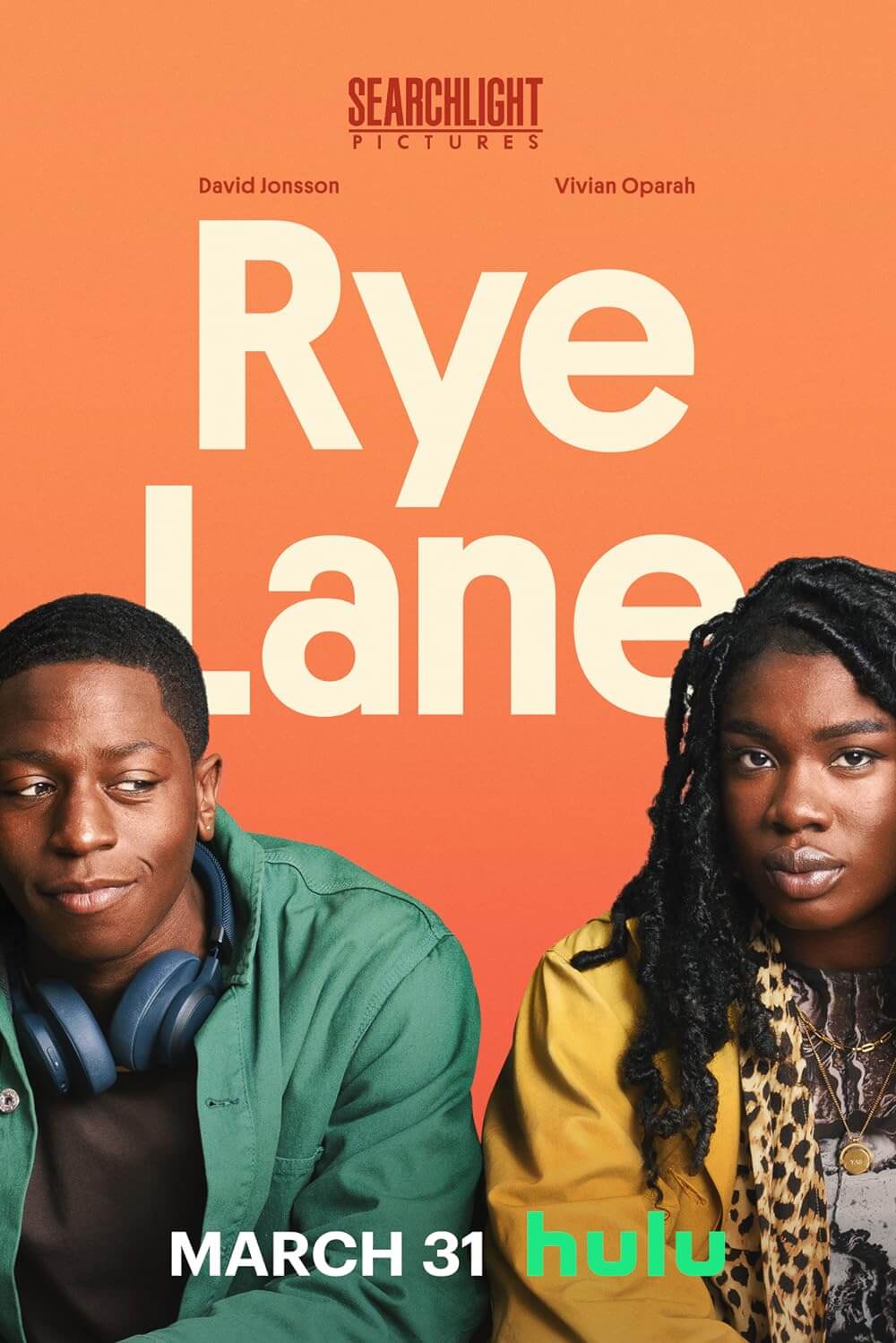
Thank You for Supporting Independent Film Criticism
If the work on DFR has added something meaningful to your love of movies, please consider supporting it.
Here are a few ways to show your support: make a one-time donation, join DFR’s Patreon for access to exclusive writing, or show your support in other ways.
Your contribution helps keep this site running independently. However you choose to support the site, please know that it’s appreciated.
Thank you for reading, and for making this work possible.
Brian Eggert | Critic, Founder
Deep Focus Review


